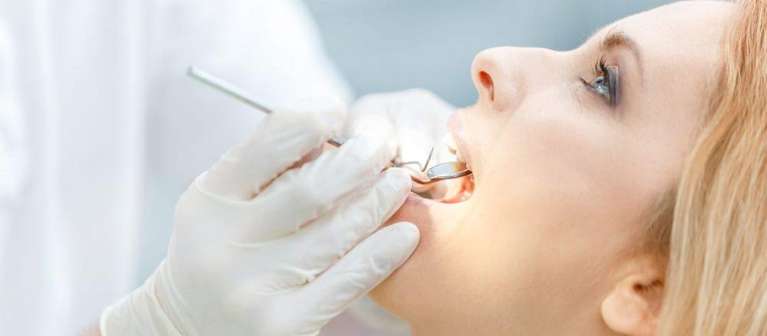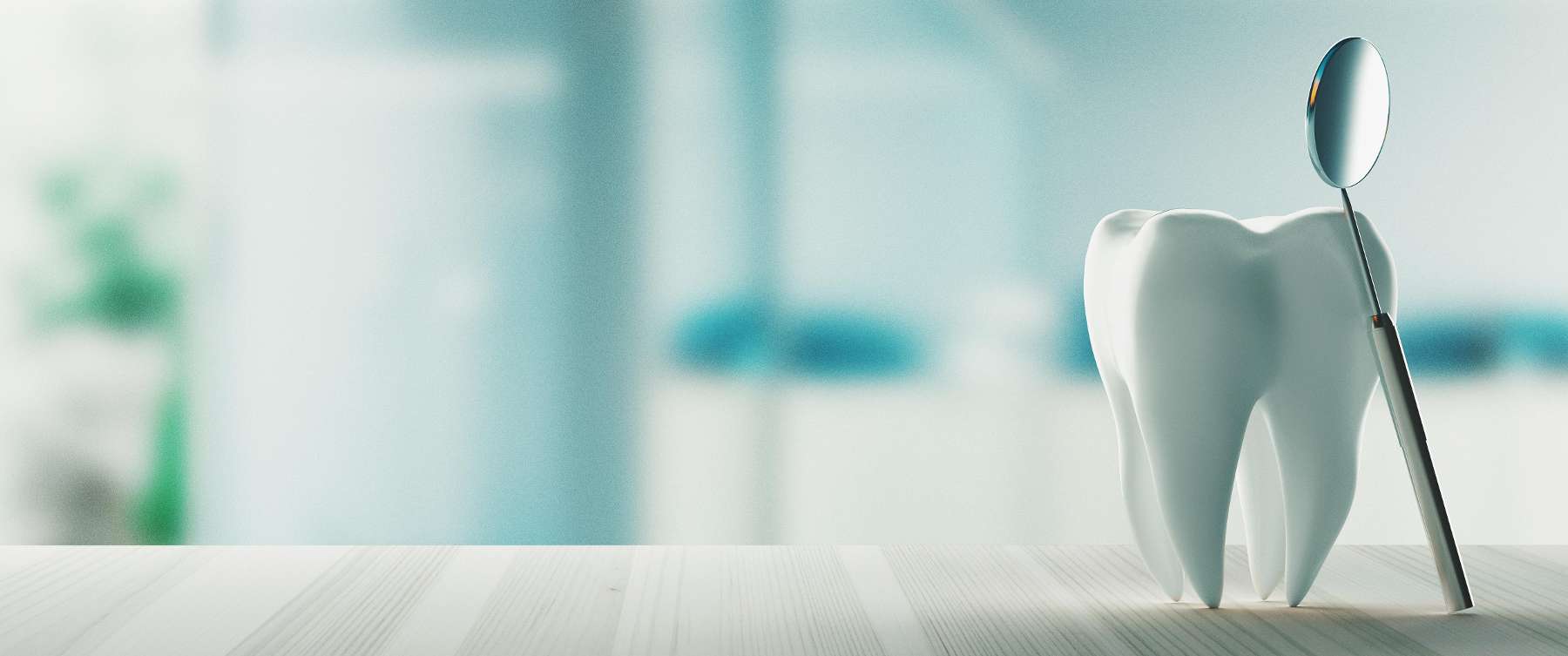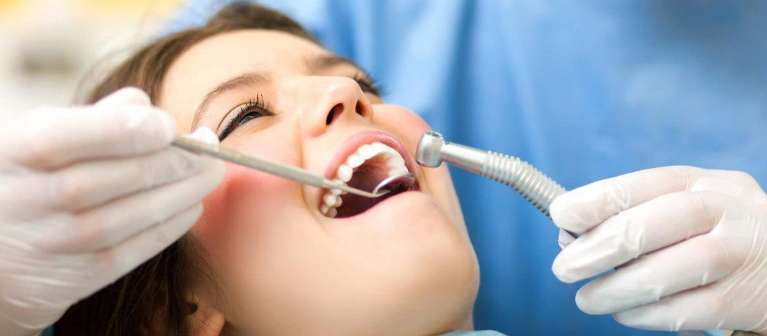
The vast majority of us will need to have our wisdom teeth removed at some point. It’s a rite of passage and a kind of marker that we have reached adulthood. They usually erupt between the ages of 17 and 25 (hence the name).
The problem with these teeth is that they arrive late—when the jaw is fully formed—and all your teeth have settled into place. That means there often isn’t enough room for these imposters, so they grow at strange angles and end up throwing off the harmony of your upper and lower jaws. Ideally, all our teeth would fit into our mouth. But, if your wisdom teeth do not fit, and they get infected, then it is probably best to pull them out.
Other issues associated with wisdom teeth include:
- Infections
- Lesions
- Bone loss at the roots, especially if a cyst forms
- Decay as they are too hard to brush and floss
How Does Wisdom Teeth Removal Work?
Depending on how far along the eruption is, the tooth will either be removed in-chair by your dentist, or you will have to visit a surgeon to have it removed. In the former, you can usually get by on a local anaesthetic. For the latter, you will need a general anaesthetic. At Lifetime Holistic Dental we have a medical anaesthesiologist who attends our office each month to perform General Anaesthetics.
For an in-chair extraction, a tool called an elevator will be used to loosen the tooth. Once it is loose, your dentist can use some forceps to pull it out and voila, welcome to your new, wisdom tooth free life.
For a surgical extraction, we numb the area up with a local anaesthetic, move the gum out of the way, remove some jaw bone and then divided the tooth into sections and then remove the tooth to minimise damage to the area. This is used for teeth that have not fully erupted because there is a need to deal with gum tissue covering the tooth.
Post-Extraction Do’s and Don’ts
If you’ve recently had your wisdom teeth surgically removed, there are a few hints and tips that can help in the days and weeks after your surgery.
Do’s
- Manage your pain by taking over-the-counter medication every six hours for the first couple of days. Two Panadol and two nurofen (ibuprofen) should be enough, but if you’re struggling, ask for some prescription pain relief. Just remember that you can’t drive or operate machinery if you take anything stronger than an over-the-counter brand.
- Make sure you take all antibiotics as prescribed. Stopping infection is vital, so don’t stop taking your medicines until you’ve properly completed the entire course.
- Make sure you rest for at least three to five days if you’ve had your wisdom teeth surgically removed. The more rested you are, the quicker you’ll recover so don’t be tempted into rushing back to work or school.
- You should rinse your mouth and throat with a saline solution every four to six hours. This helps to fight infection, and it will also help you to cope with any pain. This is a teaspoon of salt in a glass of hot water
- You can use ice packs or frozen vegetables to cope with any swelling or pain. Do this for about 15-20 minutes every three to fours hours. Make sure you wrap the ice pack in a tea towel to protect your skin from ice burn. There is recent research that puts the use of ice packs into question as actually be of negative benefit.
- Use gauze swabs to address any bleeding. Don’t spit out blood as this can lead to dry socket and create even more bleeding. You should also be careful not to swallow any blood, or you may feel ill.
Don’ts
- Eat anything too hot or too cold for at least two days as this can promote bleeding. You also need to avoid hard foods for five to seven days, as these can cut the stitches in your mouth and reopen the wounds. It’s best to eat soft foods for about a week, so stick to soups, mushy veggies and yoghurt.
- Forget to follow a healthy oral hygiene routine. You need to keep up with the brushing (just avoid the back of your mouth) and use a saline solution. Your mouth needs your help to fight infection; keeping it clean and bacteria free is the best way to do this.
- Do anything strenuous or physically taxing for 3-4 days. You really do need to rest if you want to avoid complications.
- Smoke for at least 72 hours. Dry socket is an incredibly painful condition. It occurs when the blood clot around the wound is dislodged, and smoking promotes it. You really want to avoid this, so use the threat of immense pain as motivation.
Getting your wisdom teeth removed doesn’t have to be a big ordeal. If you follow this advice, it will be a minor event, and your mouth will thank you forever. Having them extracted can prevent everything from crooked teeth, to decay, jaw pain and even the need to have some of your more visible and important teeth removed.
Remember, dentists only extract when they absolutely have to. So, if your dentist says it’s time, it really is time.
If you would like more information or to book an appointment, please contact us.





